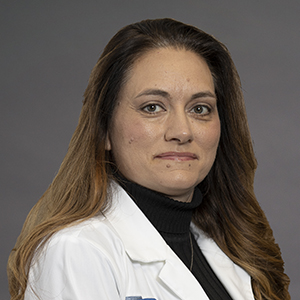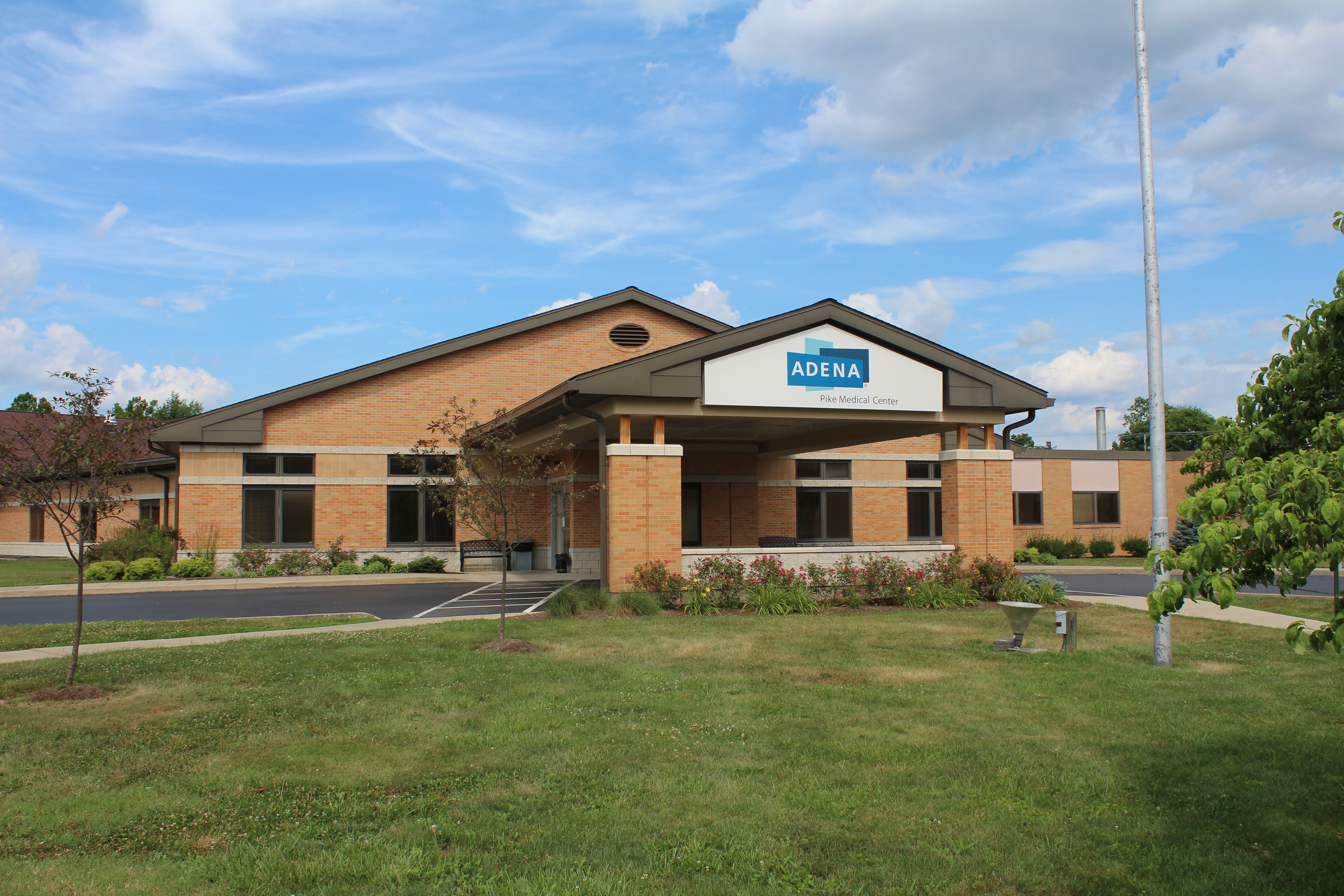Parents, It’s Time for “The Talk”

 If you’re the parent of a teenager, you know that getting them to talk about anything can many times seem impossible. So, when you consider trying to talk to them about sexually transmitted diseases (STDs) or more typically referred to today as sexually transmitted infections (STIs), forget it! STIs are a tricky subject even if your teenager is great at communicating. Although it might be awkward, it is an important conversation to have with your teenager, and the healthcare professionals at Adena can help.
If you’re the parent of a teenager, you know that getting them to talk about anything can many times seem impossible. So, when you consider trying to talk to them about sexually transmitted diseases (STDs) or more typically referred to today as sexually transmitted infections (STIs), forget it! STIs are a tricky subject even if your teenager is great at communicating. Although it might be awkward, it is an important conversation to have with your teenager, and the healthcare professionals at Adena can help.
“Parents shouldn’t be naïve,” says Dr. Emiley Blake, DO, Adena Obstetrician-Gynecologist (OB-GYN). “And it’s not that we think they are, but we often hear ‘Oh, that’s not necessary for my son or daughter’ and those parents could be surprised.” According to the Centers for Disease Control (CDC) over half of U.S. teenagers have sex before they turn 18 years old. It is also more likely that teens in low-income households have sex during their teenage years and on average at younger ages then other teens.
Y Now?
The U.S. has seen record highs in the rate of teen STIs—most commonly gonorrhea, chlamydia, and syphilis— over the last decade. According to the National Center for Biotechnology Information (NCBI), approximately half of the 20 million new sexually transmitted infections (STIs) each year in the United States occur among adolescents ages 15-24. “The most common STI we see is chlamydia among the teens,” says Dr. Blake. “About 25% of sexually active females will have chlamydia in the 14- to 24-year-old range… and when I tell patients ‘you realize that’s one in four’ to put it into perspective for them, they are shocked.” Female chlamydial infections can lead to serious consequences including pelvic inflammatory disease (PID), tubal factor infertility, ectopic pregnancy, chronic pelvic pain and even blindness or death in newborns. In males, chlamydia can lead to further infection near the testicles or prostate gland, pain, infertility or sterility, and potentially stricture — a narrowing of the urethra due to inflammation or infection.
Warning Signs
Many patients with STIs are asymptomatic, meaning they don’t show signs or symptoms of having an infection, so they don’t get treated. This is why screenings are so important once a person is sexually active. If a person experiences any of the following, they should contact their Adena physician or OB-GYN:
- unusual discharge from the vagina, penis or anus
- pain when peeing
- lumps, warts, blisters, sores or skin growths around the genitals or anus
- a rash near genitals or anus
- unusual vaginal bleeding
- itchy genitals or anus
Pandemic Dilemma
Although not all the data is in, there is common thinking among clinicians that the COVID-19 pandemic will likely spark a surge in STIs – many of which have gone unreported. In 2020, visits to healthcare providers and clinics were down in general, likely due to reduced hours, closed offices, quarantine requirements, and fear of catching the COVID-19 virus. Items to help protect sexually active teens such as free screenings, condoms, and birth control were also impacted by the pandemic, making those resources more difficult to access. Smaller healthcare facilities and clinics often diverted resources, like personnel, personal protective equipment (PPE), swabs, tubes and reagents to address the urgent needs of COVID-19. A recent study published by the National Academies of Sciences, Engineering, and Medicine (NASEM), called out that the “COVID-19 pandemic has exposed weaknesses in public health preparedness”1 especially in regard to treating STIs. “Screening for and treating for some of the STIs at family health clinics or free clinics have been greatly impacted by the COVID-19 pandemic,” says Dr. Blake. “For this reason, we think there will be an uptick in cases as testing and screening resume.”
Teens Should Screen
If your teen is sexually active, it is essential they get regular screenings for STIs. The Centers for Disease Control and Prevention (CDC) recommends that sexually active women 25 and younger get tested for gonorrhea and chlamydia every year. Screening is the key to detecting any STI early, and in taking measures to treat and prevent spreading STIs to others. “We are highly confidential with our patients based on their preferences and never discuss their activity outside of our office doors,” says Dr. Blake. “We know that teens may have difficulty talking to their parents about their sexual activity, but we encourage open and candid conversations with at least one parent to best promote the health and screening of patients.” Although a patient’s visit is strictly confidential, tests or screenings are generally reported through insurance. This should not keep patients from getting needed screenings. Dr. Blake and the Adena OB-GYNs are here to help and can support discussions about screenings with parents or help teens find possible alternative options for testing.
Is the Time Right?
Teenage girls can be especially susceptible to STIs due to the fact that biologically they don’t have a lot of cervical mucus protection from STIs. Moms often question when their daughters should first see an OB-GYN? That answer can vary. Sometimes OB-GYN visits become necessary when patients have trouble with their period, but that is not the case for every patient. “Ideally, I like to see young women before they are sexually active,” says Dr. Blake. This helps establish their baseline and gives Dr. Blake, or one of the other Adena OB-GYNs, the opportunity to discuss understanding sexual activity with patients and provide guidance on safe practices and contraception. Although it may seem uncomfortable, the key is education and candid discussion.
STIs are serious. Parents and teens need to know their potential dangers and the risks of STIs if teens are sexually active. Adena OB-GYN and Primary Care Providers (PCP) can help support that conversation between parents and teens and guide patients on safe sex practices and essential screenings. Although the conversation may seem difficult, prevention, screening and safety are key factors in staying healthy. Talk to your Adena healthcare professional and let them help you protect your teen. Call Adena OB-GYN at 740-779-7201, your Adena PCP, or call 740-779-FIND (3463) if you are looking for an experienced physician.


Quality of Adena Pike Medical Center’s acute stroke ready care recognized with certification renewal